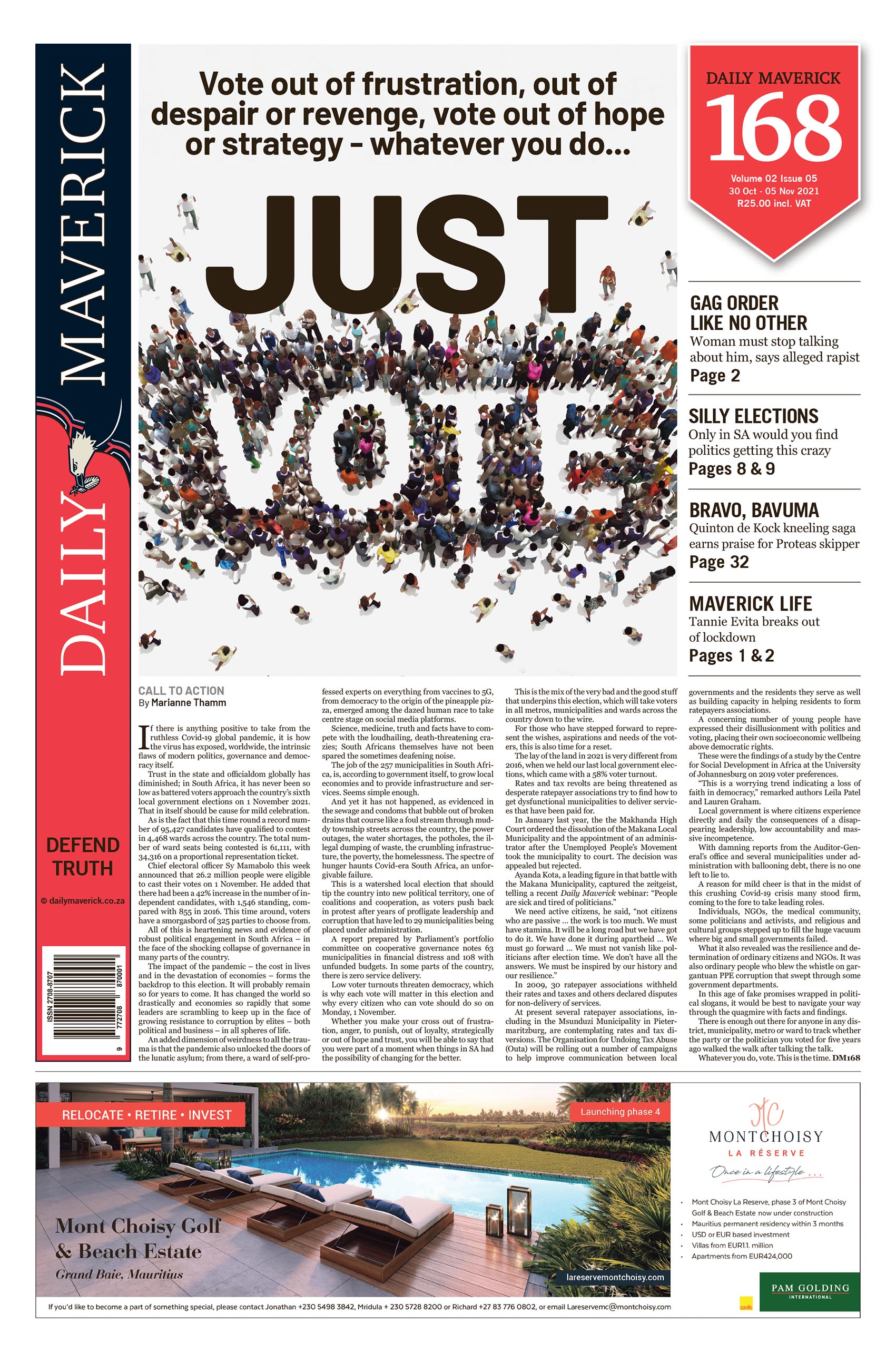While the Swiss bank is hoping that this draws a line under the scandal, which has been ongoing since up to $1.3-billion of loans were issued by Credit Suisse and Russian bank VTB Capital between 2013 and 2016, with a criminal trial ongoing in Maputo, it is unlikely that this will disappear anytime soon.
Mozambicans have been transfixed by the revelations coming out in what is the country’s largest ever criminal trial. News released this week includes details that the alleged loot from the bonds paid to government officials includes three each of Ferraris, Rolls-Royces and BMWs for the former president’s son – along with one Maserati – and more than 7,400 “bottles of wine” flown by private jet from France, which the Financial Times reports may have been code name for envelopes of cash.
The loans arranged by the two banks were meant to fund the purchase of a fleet of tuna ships. However, a large portion of the funds remain unaccounted for, with one of the contractors having arranged “significant kickbacks” of up to $137-million, of which up to $50-million was paid to the Credit Suisse bankers themselves.
The fraud has snowballed in recent years, with the scale of the fraud becoming apparent, with the IMF suspending assistance to the country, resulting in the economy crashing further. The payments on the loans themselves have crippled the economy, and were syndicated by Credit Suisse to third-party investors and repackaged as the now infamous “tuna bond”.
The Financial Times estimates that between 2016 and 2019 the fraud eventually cost the Mozambican economy $11-billion in economic damages.
In last week’s ruling, the UK’s Financial Conduct Authority (FCA) stated that Credit Suisse employees took deliberate steps to conceal the kickbacks to politicians and authorities despite having “sufficient information” to appreciate the likelihood of bribery around the transaction.
“Credit Suisse was aware Mozambique was a jurisdiction where the risk of corruption of government officials was high and that the projects were not subject to public scrutiny or formal procurement processes,” the FCA said.
Credit Suisse will pay $275-million to US regulators and £147-million to the FCA to settle the case. UK regulators said the figure would have been higher had the lender not agreed to make the highly unusual step of forgiving $200-million’s worth of debt owed to the bank by Mozambique, in an explicit admission of guilt and wrongdoing.
However, with the criminal trial ongoing in Maputo and a number of civil trials pending in London law courts, it is unthinkable that this will be the end of the scandal from the embattled Swiss lender.
This is just the latest in a series of extraordinary scandals which the new chairman, António Horta-Osório, has had to deal with, with the bank’s internal risk and credit systems seemingly deeply compromised. Embarrassingly for the bank, which was previously a paragon for discreet wealth management, it has faced both ruinous losses of more than $10-billion from exposure to the now collapsed Greensill Asset Management and bankrupt family office Archegos, and allegations that certain board members were hired to spy on the now departed CEO Tidjane Thiam for the ex-chairman.
While a spokesperson for the Mozambican government welcomed the ruling in London, others have branded it as a “hollow victory”, as the pain felt by the struggling east African country will continue. Once seen as one of the countries with the best growth prospects in Africa, having discovered in the early 2010s vast offshore reserves of oil and gas, the outlook is now highly uncertain. The projects remain untapped owing to concerns around the viability of the project, and work on the substantial iron ore projects in the north of the country have also ground to a halt, with concerns around the political stability and safety of employees.
More recently, Rwanda intervened by sending in troops to quell the fighting mainly from rebels aligned to Islamist terrorist group Al-Shabaab. Sadly for Mozambique, things look like they may get worse before they get better. DM168
This story first appeared in our weekly Daily Maverick 168 newspaper which is available for R25 at Pick n Pay, Exclusive Books and airport bookstores. For your nearest stockist, please click here.


















Comments - Please login in order to comment.